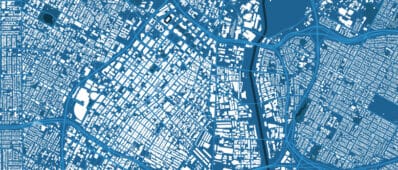Project Summary
California has a strong interest in reducing the externalities of vehicle travel. Parking policy offers one possible lever. When parking is abundant and free, theory and evidence both suggest that driving will be more attractive, and transit use less so. Taking steps to make free parking less prevalent, therefore, could nudge travel behavior in a more desirable direction. In the wake of the COVID-19 pandemic, moreover, there is interest in the future of telework. Here too, parking could play a role, although its influence is more ambiguous a priori. This project draws on the 2010-2012 California Household Travel Survey (CHTS) to revisit the potential of parking policy to influence travel behavior. Across thousands of users and a broad spectrum of built environments, the CHTS records if a given trip used parking, if the driver paid for it and (if they did) its price, if the parking was on or off-street, and so on. Specifically, the project team analyzed the associations between parking availability and decisions to work from home, drive, and use public transportation were analyzed. The data confirms something that has long been anecdotally intuitive, but never empirically verified that the vast majority of California vehicle trips end in a parking space, and most of those spaces, both on- and off-street, are unpriced. The project team also estimated regressions demonstrating that, even controlling for a host of other factors, the presence of free parking is strongly associated with more vehicle ownership, more driving, and less transit use.

